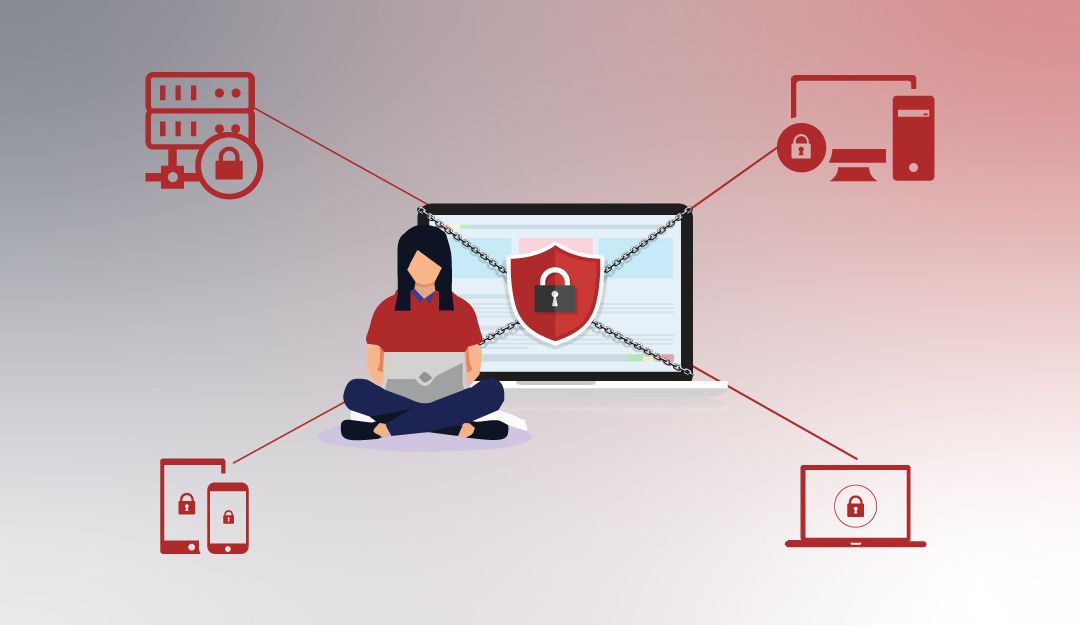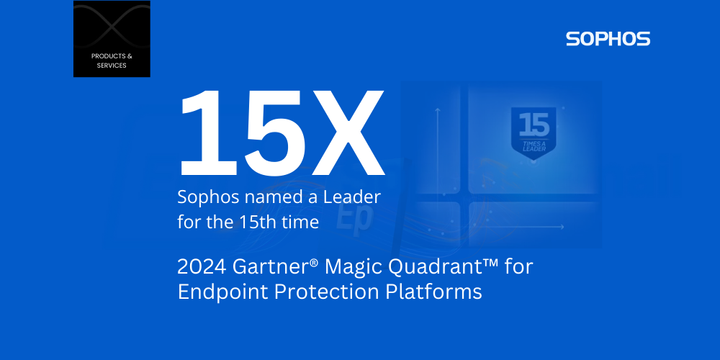Understanding the background of Endpoint Security and Its Importance for your Organization

Endpoint security is a type of security that is designed to protect the devices that are used to access a network, such as laptops, desktop computers, smartphones, tablets, and other devices. These devices are also known as endpoints.
Endpoint security includes a variety of technologies and practices that are used to protect against cyber threats that target these devices. These threats can include viruses, worms, Trojan horses, malware, ransomware, and other types of attacks.
Endpoint security solutions typically include antivirus and anti-malware software, firewalls, encryption technologies, access controls, and device controls. These technologies and practices can help prevent unauthorized access to the network, safeguard sensitive data, and protect against malware and other types of cyber attacks.
Endpoint security is important in an organization because it helps protect against cyber threats that target the devices that are used to access the organization's network. These devices, also known as endpoints, can include laptops, desktop computers, smartphones, tablets, and other devices that connect to the network.
Endpoint security is critical because it can help prevent unauthorized access to the network, safeguard sensitive data, and protect against malware and other types of cyber attacks. It is also important because it can help ensure compliance with industry regulations and standards, such as HIPAA, PCI DSS, and GDPR.
There are several ways that endpoint security can help protect an organization:
Antivirus and anti-malware protection: Endpoint security solutions typically include antivirus and anti-malware software that can help protect against viruses, worms, Trojan horses, and other types of malware.
Firewall protection: Endpoint security solutions may include a firewall that helps protect against unauthorized access to the network.
Encryption: Endpoint security solutions may also include encryption technologies that help protect data transmitted over the network.
Access controls: Endpoint security solutions may include access controls that help prevent unauthorized access to the network.
Device control: Endpoint security solutions may include features that help control access to devices connected to the network, such as USB drives and other removable media.
Overall, endpoint security is an important part of an organization's overall security strategy, as it helps protect against cyber threats that target the devices used to access the network.




Comments ()